A navy petty officer, Liu Yueh-lun, was arrested on June 5, though the arrest was only made public a week later, for leaking military secrets. What Liu appears to have done is to pass a highly secret book of navy communication codes to China. While the case is still under investigation, it appears that Liu, who served on a destroyer in Taiwan’s navy and had access to code information, passed the material to his father, who did business in China and was being blackmailed by Chinese authorities.
The elder Liu was an ex-air force officer who started doing business in China in 1988. At some time in the past 10 years he fell foul of the Chinese authorities, being detained for two years on charges of smuggling both antiques and people – Taiwan has a considerable appetite for mainland Chinese prostitutes, as well as document forgery. He was then persuaded to buy his freedom by working for Chinese intelligence. For the past two years he had been obtaining information on codes and naval installations from his son and passing it on to China on his business trips, being paid about US$3,500 each time.
The Liu case is a matter of simple espionage, and is not the kind of matter that vetting civil servants will safeguard against. But that it should make headlines in the middle of the debate about vetting – whether accidentally or otherwise – has certainly taken the wind out of opposition sails. It is hard to protest that the government’s concerns about loyalty are part of a politically and perhaps ethnically motivated vendetta when such a flagrant case of treachery is making daily headlines.
And all this comes on top of a debate at the beginning of the month as to whether Taiwan’s most notorious defector, Justin Lin, an army officer who swam to China from the island of Kinmen nearly three decades ago, should be allowed to return to the island for his father’s funeral or whether he should be prosecuted by the military if he does.
It also follows the release of an alarming statistic by the Ministry of National Defense according to which more than 3,000 former Taiwan military officers are now either doing business or working in “consultancies” in mainland China. There is an overwhelming impression that Taiwan is in the midst of a security crisis. Is it?
Certainly the loss of political power of the pro-unification mainlanders who staff the civil service, the officer corps and the intelligence services, their feeling of alienation in a regime that stresses Taiwan’s de facto independence and the interests of ethnic Taiwanese, has been traumatic. They find themselves in the position of a colonial administrative class which, now that their colony has achieved independence, find themselves unwelcome and yet have no “home” country to return to.
They find that in the People’s Republic of China they are wealthy and have freedoms that many PRC citizens can only dream of and they start to think that mainland authoritarianism in which they can live well is to be preferred to Taiwanese democracy from which the Taiwanese wish to exclude them, a society where Taiwanese roots are becoming a sine qua non for advancement.
They feel that in Taiwan they lack a future, while the society that they have been taught to admire, China with its 5,000 years of history, is ignored and denigrated on a daily basis.
It is not surprising that an increasingly nationalistic mainland China should seem to such a group to be more in line with their sentiments and loyalties than a Taiwan vigorously pursuing “nativization”.
The root of Taiwan’s security problems can be found, therefore, in the disaffection of its administrative class, members of which are only now realizing that the country in whose interests they were raised and educated to work – the authoritarian non-communist Republic of China, with boundaries stretching from Taiwan to Xinjiang, Tibet to Manchuria – does not exist.
The country in which they actually live, however, the democratic 23 million-strong area that others wish to call the Republic of Taiwan, does not really want them.
It is, therefore, to the PRC they look, as the safeguard of so much they hold dear, a Greater Chinese nationalism, territorial integrity, Chinese culture.
Seen this way, a criticism might be made of Taiwan’s new political masters that they have not done enough to integrate mainlanders into their new democratic society. This is true, but it might also be said in their defense that it is hard to integrate – rather than alienate – a group when part of that democratization means stripping that group of its former privileges.
Some of the more thoughtful DPP politicians such as Wang Tuoh have suggested, however, that the question of security clearances and beefing up the intelligence services, even purging them of their mainlander personnel – which would leave them with a crippling manpower shortage – is not the answer to the problem Taiwan faces. It is not that a small number of people are disloyal, they point out, but that a large social group feels that Taiwan has no future for it. The DPP and the more radical Taiwan solidarity union stresses “Taiwan for the Taiwanese”, and non-Taiwanese have to ask, “What about us?”
After a century of colonial oppression, first by the Japanese and then by the “mainlander” exiles of the Chiang dynasty, it is perhaps understandable that Taiwanese show little interest in answering such a question to the satisfaction of those asking it. Understandable but hardly wise, politically or socially. The loyalty crisis is just a symptom of this wider problem.
A solution lies in a consensus between Taiwanese and mainlanders as to where Taiwan should be heading and what their various roles should be. So far almost no thought has been given to the question by either side, and real change is probably a generation away.
But, I agree with American officials expressing concern about Taiwanese officials leaking military secrets, that this is no reason to forgive treason. And, this conjecture is just scary.
These officers are just taking advantage of their good fortune and the under-defined relationship between the US and China.
 3 days ago, she was out, with some friends. She spent a great evening, laughing, drinking.
3 days ago, she was out, with some friends. She spent a great evening, laughing, drinking. 


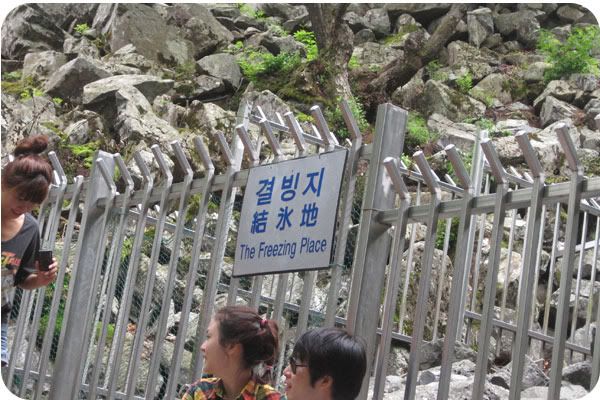
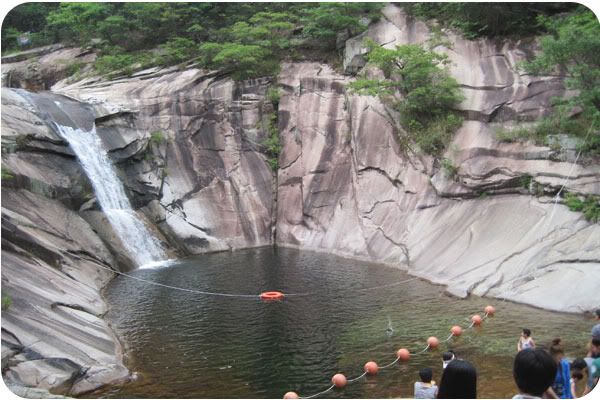
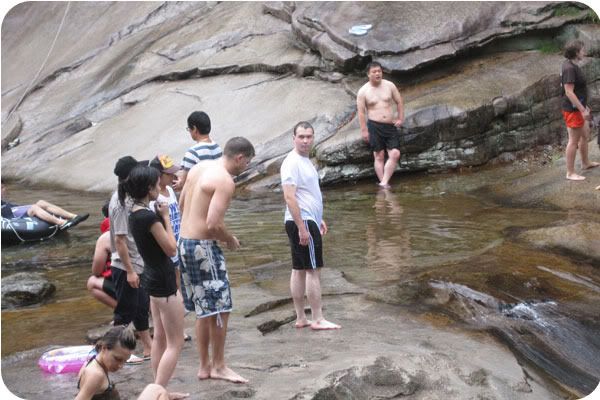
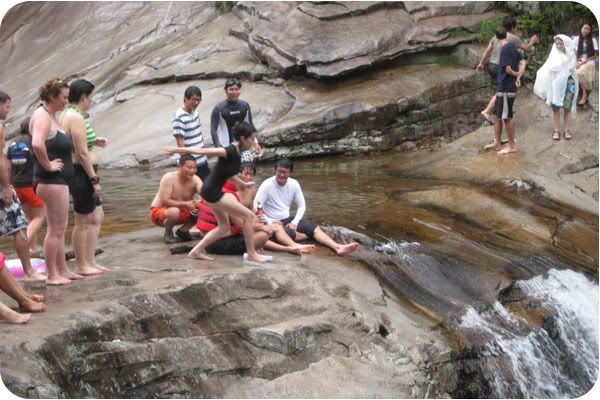

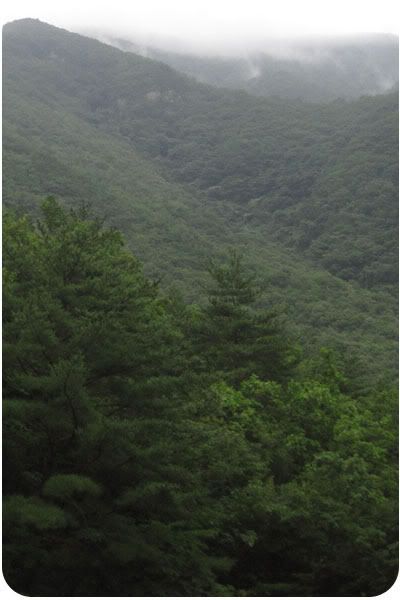

 Now that
Now that 
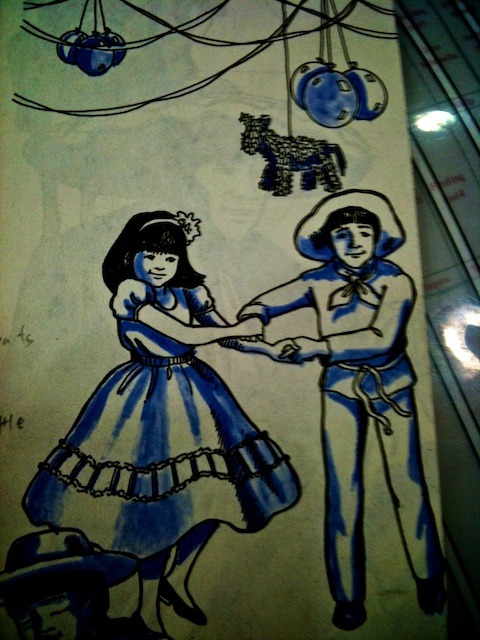

 I’m not even going to be shy about it –
I’m not even going to be shy about it – 
 The topic of resource wars has become a continuing fascination for me in my grad studies. The topic combines war and three of my favorite things, food, water, and cheap electricity. So, KNOC looking for oil gets my attention. But, so does Brazil and America’s ebbing power.
The topic of resource wars has become a continuing fascination for me in my grad studies. The topic combines war and three of my favorite things, food, water, and cheap electricity. So, KNOC looking for oil gets my attention. But, so does Brazil and America’s ebbing power. 
Recent comments